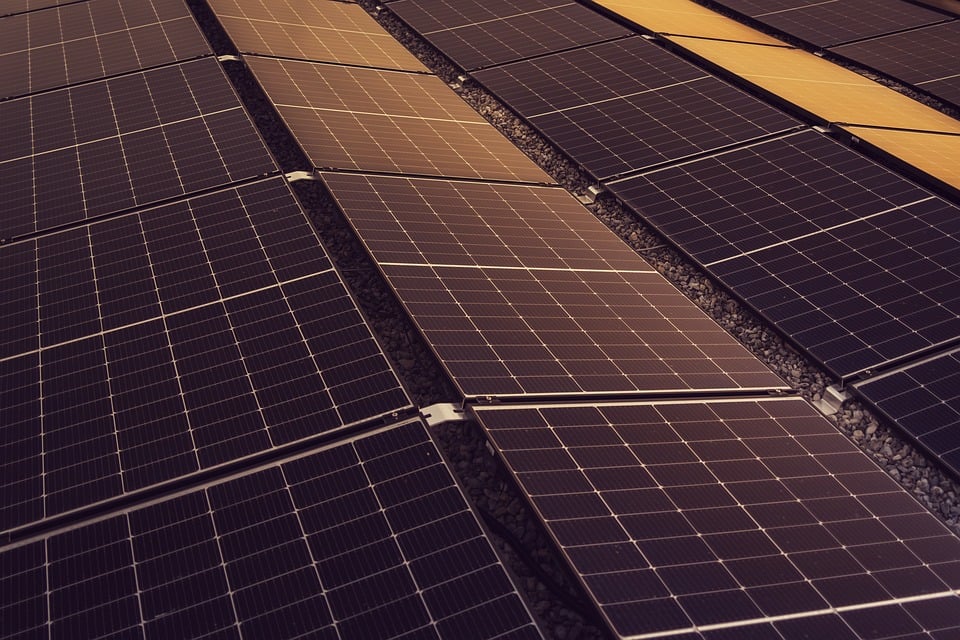The Importance of Energy Efficiency
Energy efficiency refers to the utilization of less energy to perform the same tasks, resulting in less energy wasted and lower utility bills. In today’s world, where environmental concerns and energy costs are on the rise, understanding the costs and benefits of energy efficiency is crucial.
Costs of Energy Efficiency
Initial Investment
One of the main costs associated with energy efficiency is the initial investment required to implement energy-saving measures. This can include purchasing energy-efficient appliances, upgrading insulation, or installing solar panels. While this can be a significant upfront cost, the long-term savings can outweigh the initial investment.
Maintenance and Repairs
Another cost to consider is the maintenance and repairs associated with energy-efficient upgrades. Regular maintenance is essential to ensure that energy-efficient systems continue to operate at optimal efficiency. While this can add to the overall cost, it is necessary to maximize savings in the long run.
Benefits of Energy Efficiency
Cost Savings
One of the most significant benefits of energy efficiency is cost savings. By reducing energy consumption, homeowners and businesses can lower their utility bills and save money in the long term. Energy-efficient appliances and systems also tend to have a longer lifespan, reducing the need for frequent replacements.
Environmental Impact
Energy efficiency plays a crucial role in reducing the environmental impact of energy consumption. By using less energy, we can reduce greenhouse gas emissions and lessen our carbon footprint. This is essential in combating climate change and preserving the planet for future generations.
Improved Comfort and Health
Energy-efficient upgrades can also lead to improved comfort and health. Proper insulation and ventilation can help maintain consistent temperatures and improve indoor air quality. This can result in a more comfortable living or working environment and reduce the risk of respiratory issues caused by poor air quality.
Government Incentives and Rebates
Many governments offer incentives and rebates to encourage energy efficiency. These can include tax credits, grants, or subsidies for energy-efficient upgrades. Taking advantage of these programs can help offset the initial costs and make energy efficiency more affordable for homeowners and businesses.
Conclusion
Understanding the costs and benefits of energy efficiency is essential in making informed decisions about sustainable energy usage. While there may be upfront costs involved, the long-term savings and environmental benefits make energy efficiency a worthwhile investment.


Leave a Reply